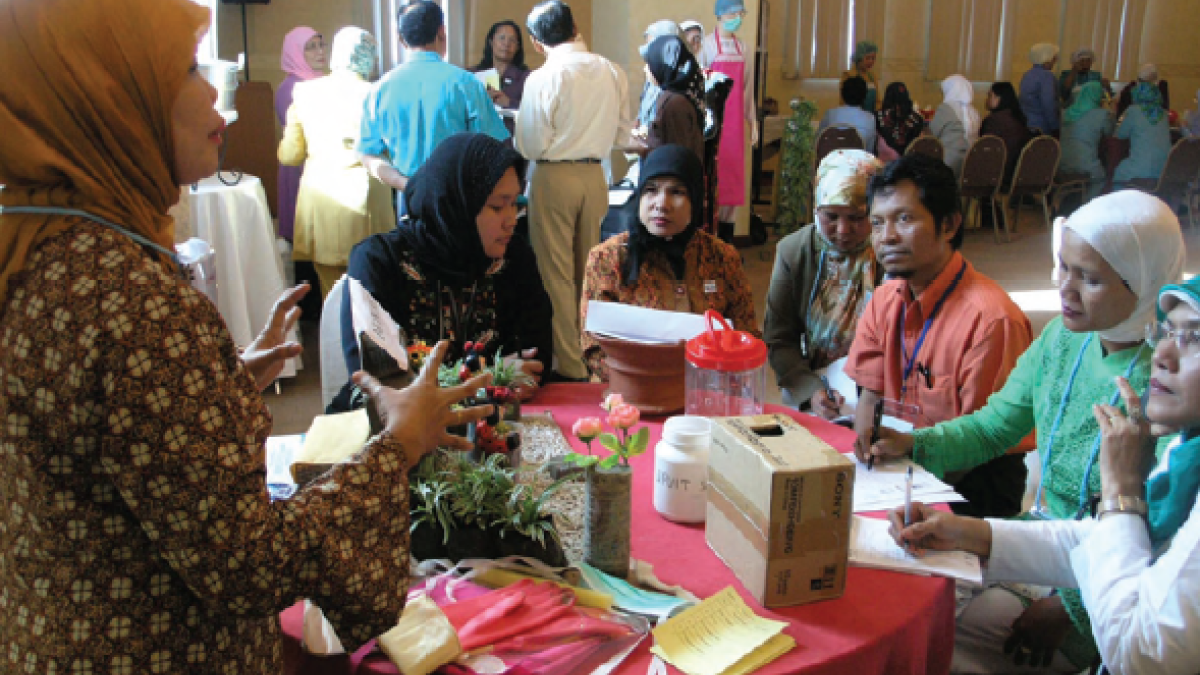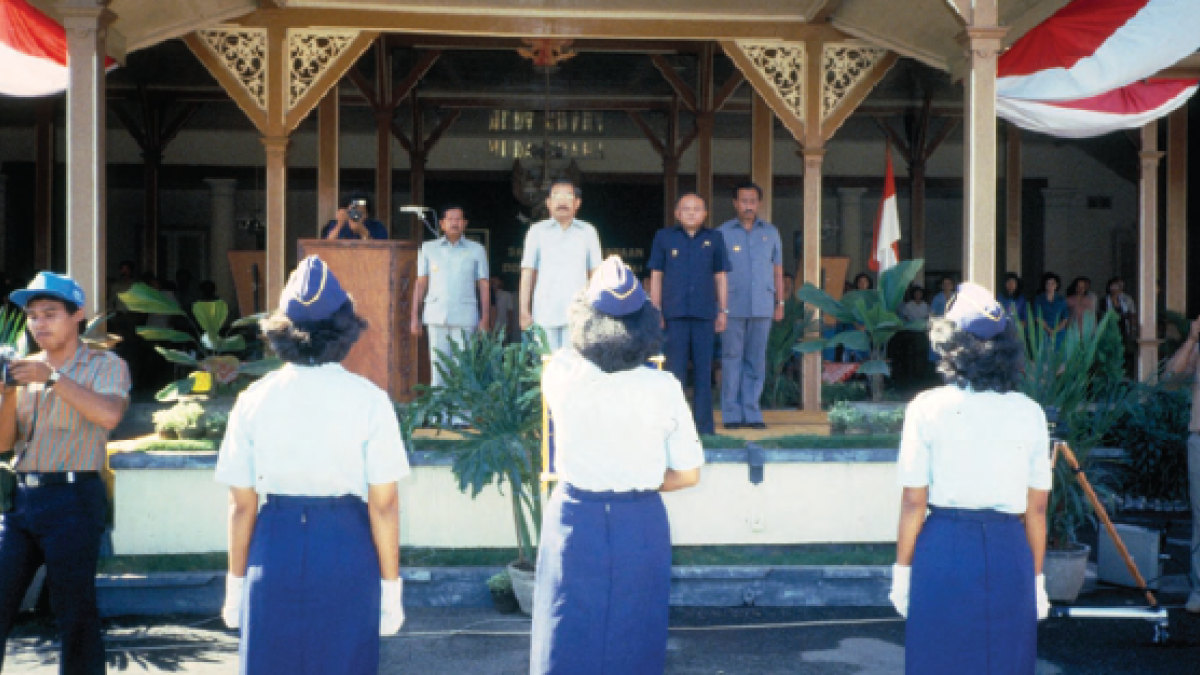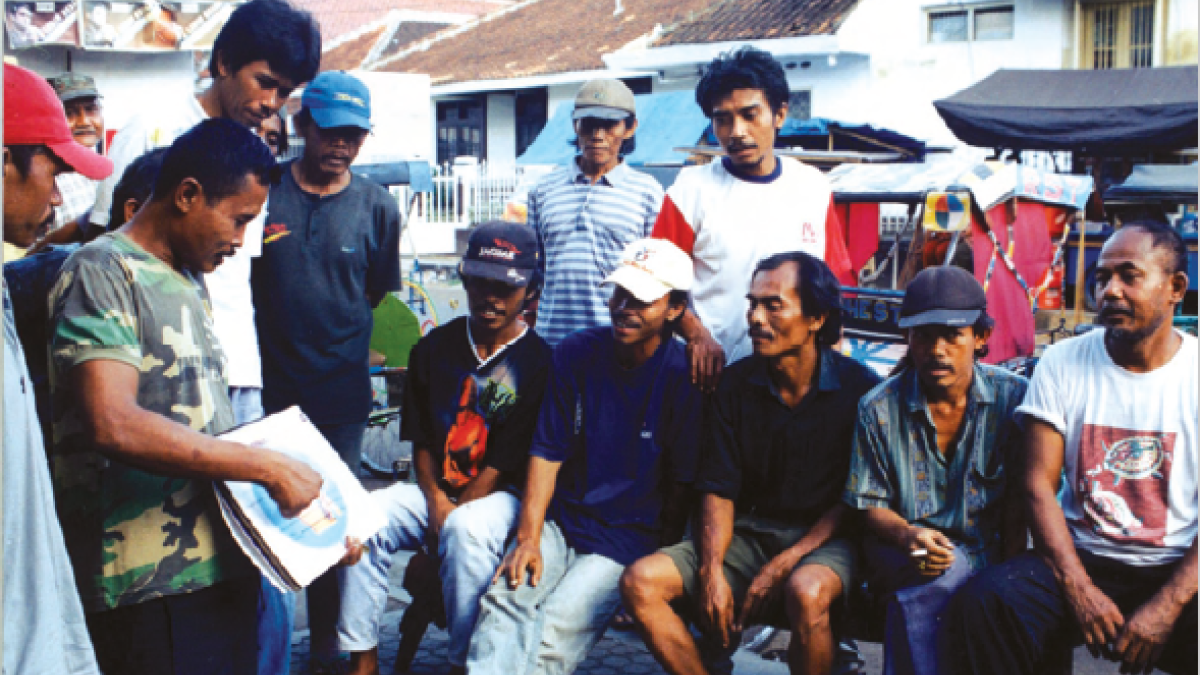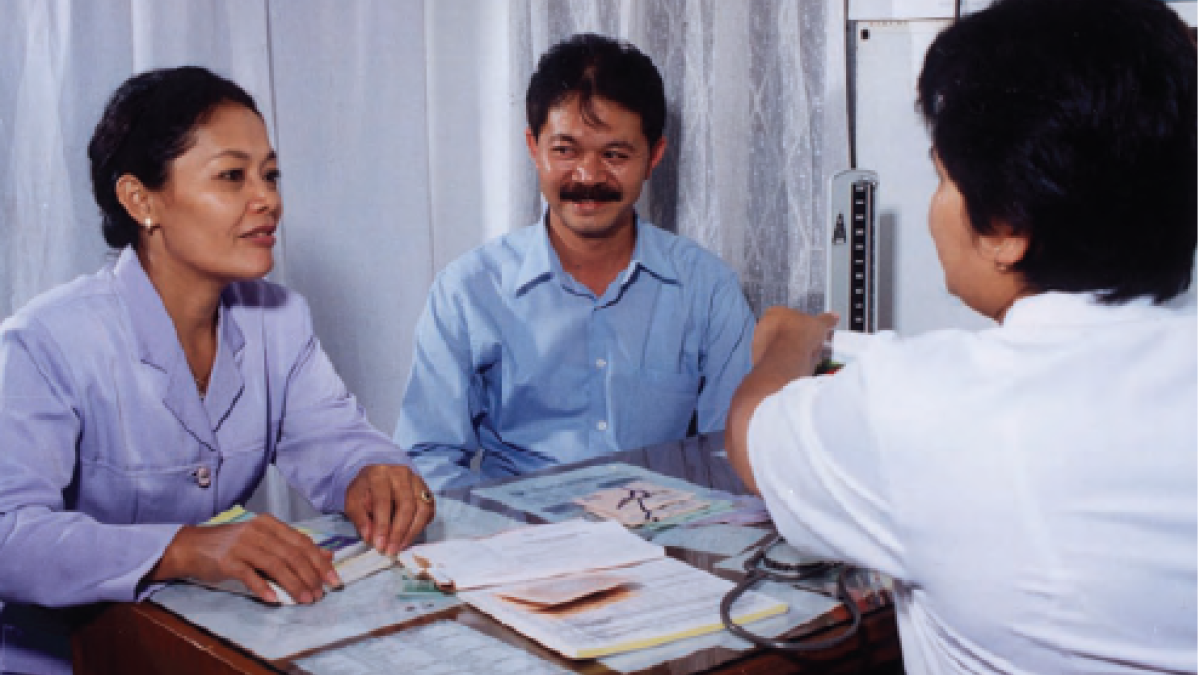Beginning in the early 1970s, USAID’s partnership with Indonesia’s National Family Planning Coordination Agency (BKKBN) laid the foundation for one of the world’s most successful family planning initiatives, and helped shape the country's future prosperity.
Recognizing the need to manage population growth and improve family welfare, the Government of Indonesia committed to a nation-wide family planning program. USAID was a foundational partner in this effort, contributing more than $340 million (about $539 million in 2024 dollars) over time in financial support, medical supplies, and technical expertise.
Before this program, large Indonesian families were both the norm and the ideal. There was little awareness of family planning methods and many couples considered the size of their family as a matter of fate beyond their control. The birth rate was high, averaging six children per woman. Rapid population growth threatened to outpace the country’s economic development, putting pressure on healthcare, education, and other public services.
One of the biggest difficulties the program faced was overcoming a cultural preference for large families. USAID assisted BKKBN to tackle this challenge through an extensive grassroots effort, which included partnering with community and religious leaders to shift perceptions around family planning and family size. Under the slogan Dua Anak Cukup (“Two Children are Enough”), Indonesia succeeded in establishing small, happy, and prosperous families as a new domestic ideal.
With USAID’s support, after just a few years, the use of modern contraceptives among married women surged from less than 5 percent at the start of the program to 27 percent. This development contributed to a sharp decline in birth rate – by 1991, the average birth rate had declined to three children per woman. The health of mothers and newborns also benefited as women waited longer between pregnancies. The infant mortality rate declined from 142 deaths per 1,000 live births to just 18 deaths per 1,000 births today.
“Family planning was a truly nationwide initiative, and made a big difference to the health of Indonesian families. I was proud to contribute to the success of this important program,” said Bambang Samekto, who managed USAID’s family planning program in 1992-2002.
This important collaboration between USAID and Indonesia built a lasting legacy of stronger and healthier families. What began as an urgent response to rapid population growth became a successful initiative that has benefited generations of Indonesians.






